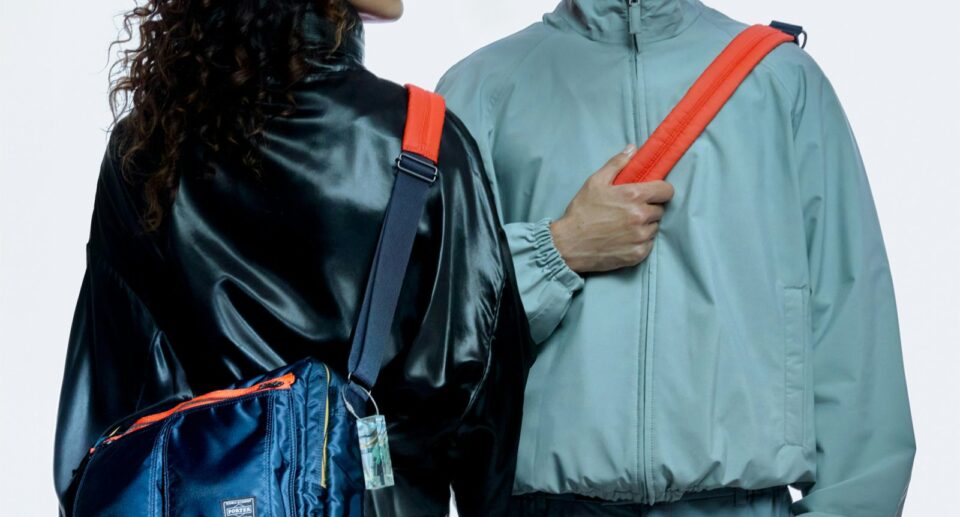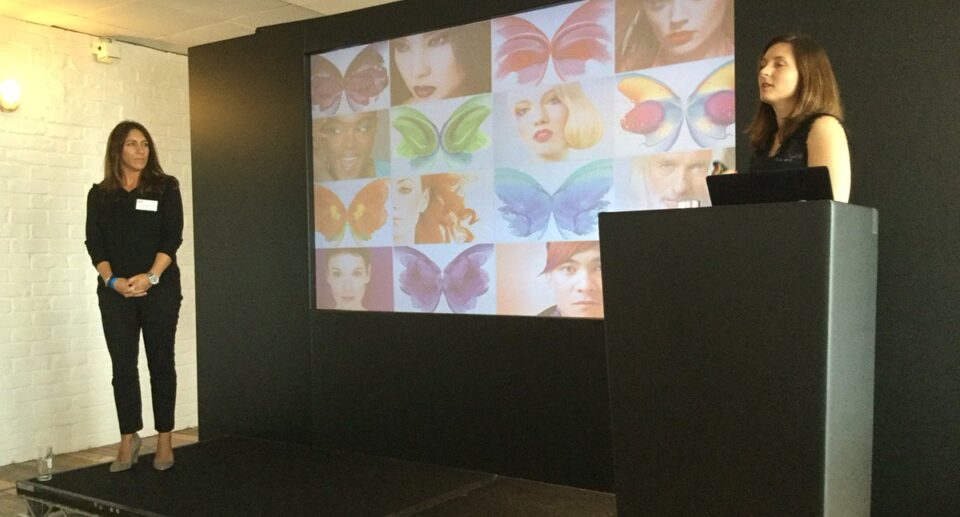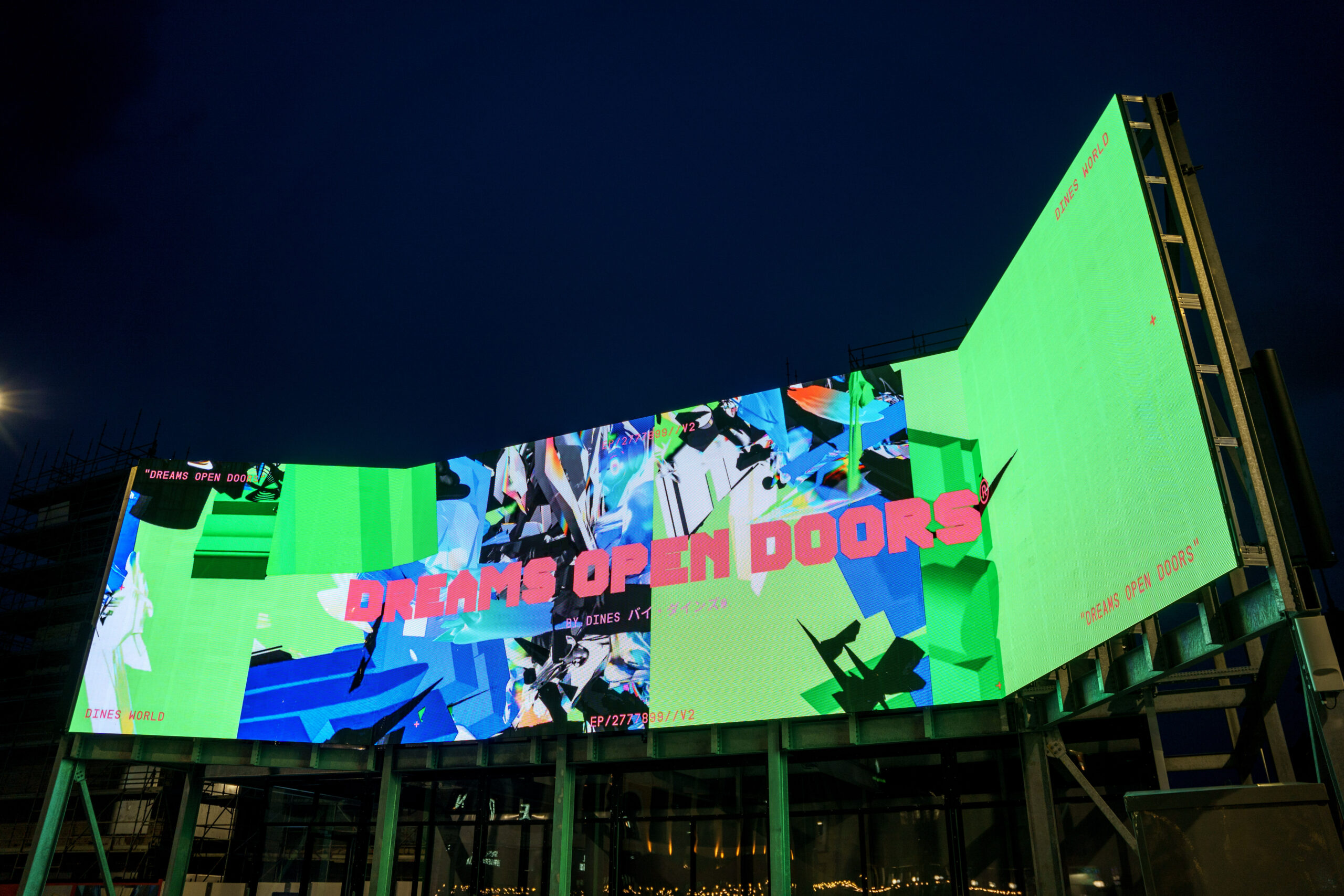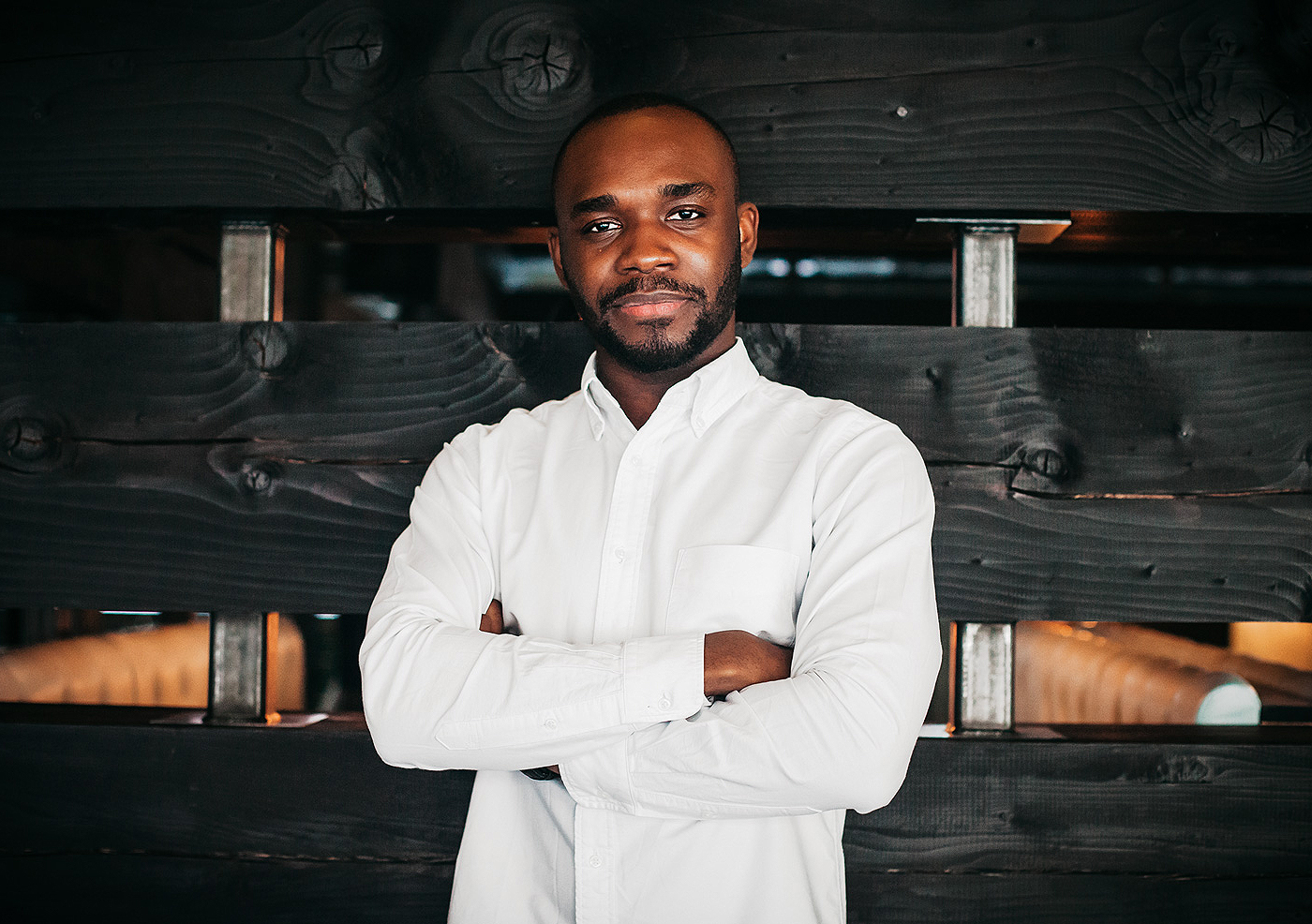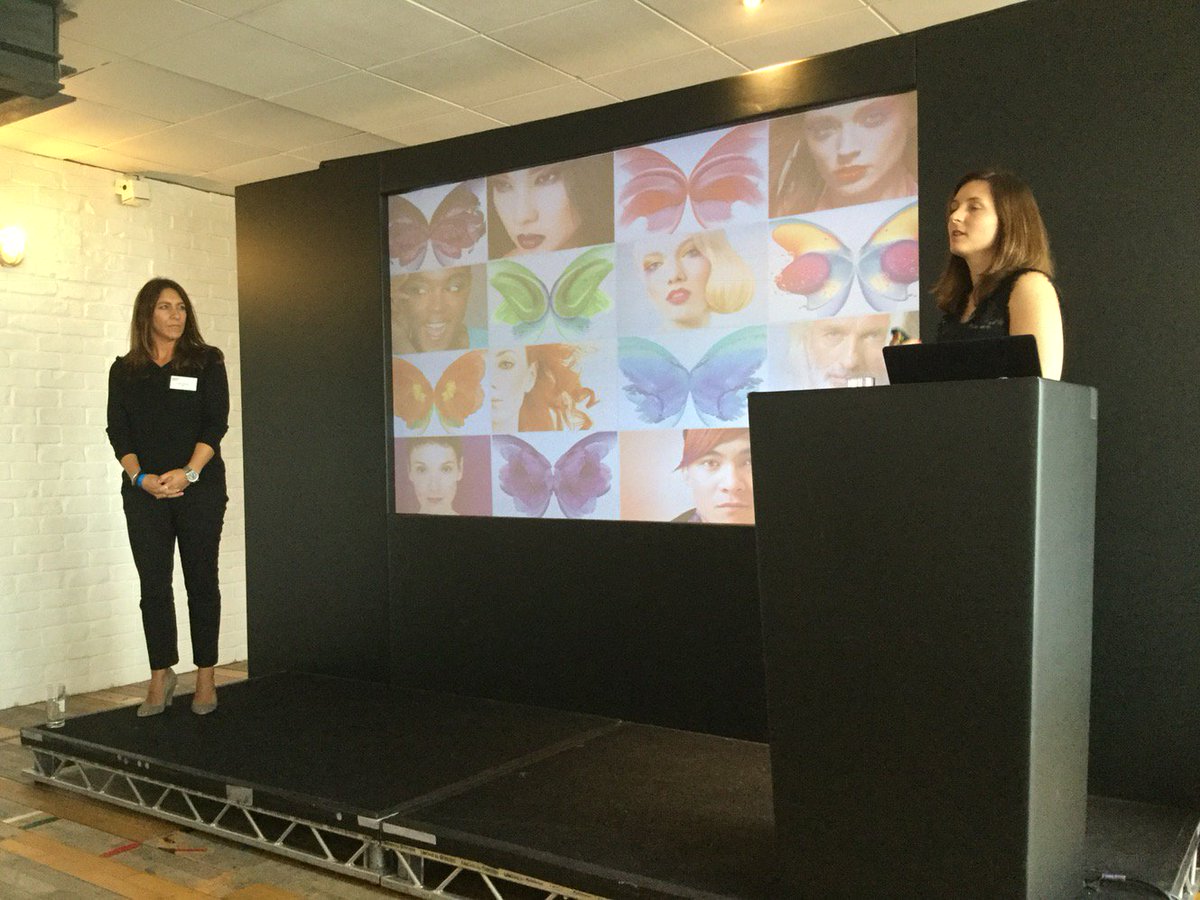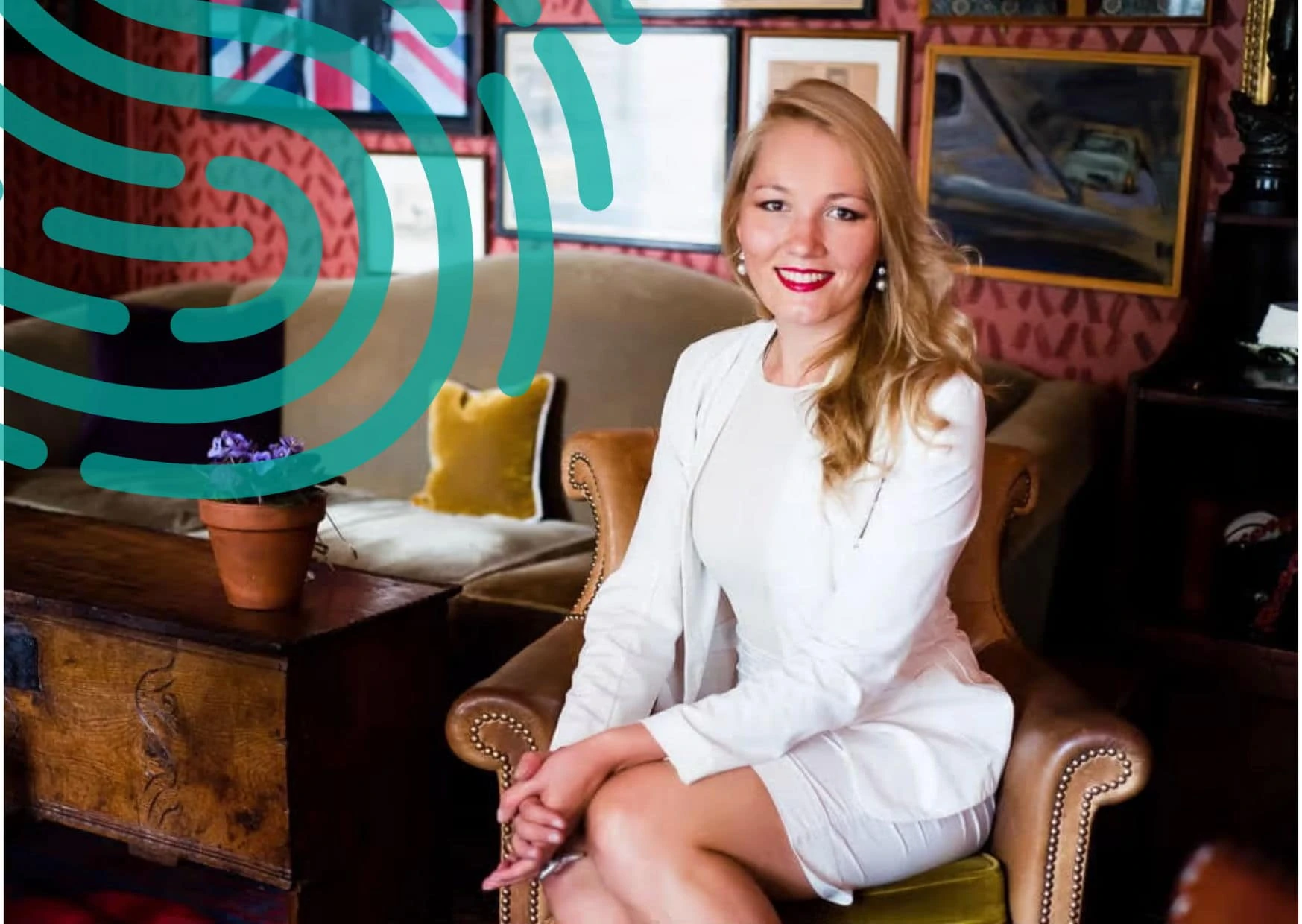BLUP MEETS: PIPPA
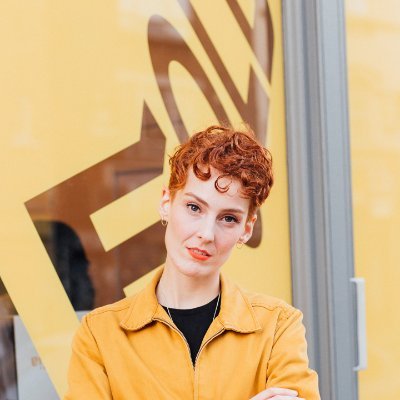
Why I’d Burn Down the Table to Rebuild the Industry
From visual culture to music, from co-founding creative spaces to leading at EMI Records — Pippa’s path is anything but straight. She calls it squiggly, and that squiggle has made her one of the most interesting voices in design and music today. BLUP sat down with her to talk persistence, storytelling and why burning down the table might be the only way to rebuild the industry.
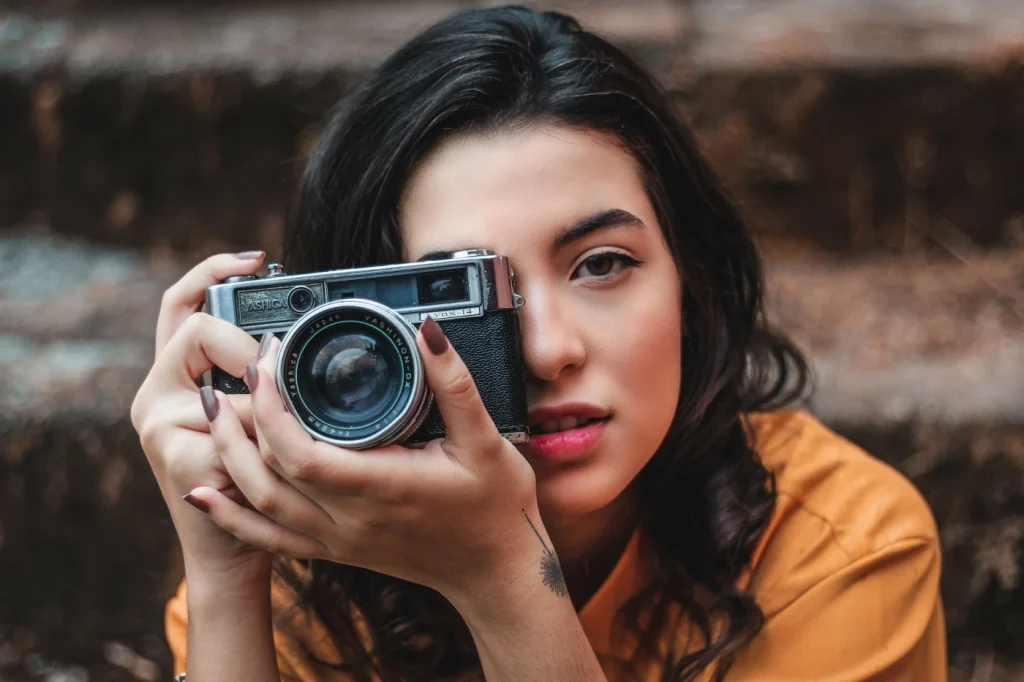
// Dines: What first inspired you to pursue a career in visual culture and communication?
Pippa: I never knew the creative industries existed when I was younger. I just followed what I was drawn to. As a kid I loved painting, especially abstract work and the pre Raphaelites. Maybe because I am a redhead and I saw myself in those images.
I started out studying fine art and photography but dropped out because I could not afford the equipment. That setback forced me to find another way back to what I loved. I studied visual culture and communication at university, essentially history of art mixed with design. What I learned there shaped everything. Strip everything away and all you have is story. Every image, every film, every piece of clothing tells one. Once I understood that, I began to see my career as building and sharing stories in whatever medium I had access to. Following what you are drawn to is more important than following expectations. Even if the route changes, story always remains at the centre of creativity.
// Dines: Describe your journey from graduating to becoming a creative leader at EMI. What were the key milestones?
Pippa: My career has been built on persistence, listening and diligence. I worked hard at everything I did and I never gave up. At times it felt chaotic. I have worked in TV, fashion, advertising, education, events, experiential and now music. It felt disjointed but now I see that every experience became part of the bigger puzzle.
Even when I was younger and working endless hours making tea, I was learning. At the time I thought it meant nothing, but looking back, every job built skills and resilience that I still use. Careers do not need to be straight lines. A squiggly career is still progress, and every role adds weight to the bigger picture of who you become.

// Dines: How do you balance business objectives with creative vision?
Pippa: I keep it simple. You cannot do both at once. If you focus only on business goals, the work will lose its spark. If you ignore them completely, you lose direction. My way is to put the business objectives aside while I focus on making the best creative work possible. Once the idea feels right, I revisit the objectives to check alignment. That way the work stays fresh and impactful but also grounded. Creativity first, strategy second — that is how projects really land.
// Dines: Tell me about Creative Lab and how you supported young creatives through it.
Pippa: I co founded Creative Lab with Lawrence Lottie to make space for young people who did not have shortcuts or connections. I wanted to create opportunities for those who might not otherwise find a way in.
We gave time, guidance and space to grow. I wanted them to feel seen and supported, not rushed or boxed in. We asked them what they wanted out of life, not just out of work, and built a path towards that. It was about creating shortcuts for others where I never had any myself. True leadership is about creating doors for others, and if you can open a path, you make it wide enough so more people can walk through.

// Dines: What inspired you to start Pallas Studio and how does it support independent artists?
Pippa: Pallas is taken from my name, Pippa Alice. I started it because I believe in the power of music. For me, music is one of the purest forms of storytelling and human expression. But it is undervalued and overly monetised.
I wanted to take the tools I had and give them to musicians who had something important to say. That was always the goal — to support real voices and create space for music to be art, not just product. Supporting independent artists is not just about making songs. It is about protecting culture and giving people a platform to share stories that matter.
// Dines: You have had success with campaigns. What do you think drives that success?
Pippa: I see success as evidence of persistence. It is not about streams or likes. For me, every success is built on the many failures before it. Each time you fall, you learn. Each time you manage to get over a hurdle, even if only by an inch, your brain has proof that you can do it. That builds confidence and resilience. Success is not the end point — it is the proof that persistence adds up.

// Dines: You have explored projects around underrepresented voices and dreams. Tell us more about that.
Pippa: I am fascinated by dreams and how they link to reality. One project was inspired by the phrase I am my ancestors wildest dreams. For me that idea is powerful. To dream is a privilege not always afforded to those before us. By honouring our dreams, we honour theirs too.
As a queer woman in an interracial relationship, I know the power of simply walking down the street hand in hand. What once felt like an act of protest can now feel like celebration. That inspires me to think about how dreams, privilege and legacy intersect. Creativity is not only about self expression, it is also about carrying forward the dreams of those who came before you.
// Dines: As an advocate for inclusivity, what changes are needed for the creative industry to become truly inclusive
Pippa: Change requires action from those with privilege. That means pay transparency, questioning biases, giving away knowledge and power instead of hoarding it.
If you get through the door, do not just sit down. Take the door off the hinges so others can walk through. Better yet, burn down the table and rebuild the system so everyone has space. Inclusion is not about inviting others in, it is about changing the structure so that everyone belongs from the start.
// Dines: What advice would you give students who want to make meaningful impact
Pippa: Be obsessed with your craft, not with trends. Do what you love and get so good at it that people come to you. Build friendships, not contacts. Relationships matter more than networks.
Trust your gut, but also accept what you do not know and find people who do. Be resourceful. Solve problems yourself before looking outside. That is how resilience is built. Focus deeply on what you love, build real connections, and learn to rely on yourself first.
// Dines: What qualities do you look for in collaborators
Pippa: The main thing is an open mind. If you start by shutting down ideas, it will not work. I look for humility, willingness to listen, and a balance between confidence and knowing when someone else might have the better answer.
I always do a vibe check before working with anyone. A simple conversation tells me more about whether collaboration will work than any CV. Collaboration is about openness and energy. Skills matter, but mindset decides if the work will thrive.
// Dines: Where can people find out more about you?
Pippa: The easiest way is through Instagram. I share work on my stories and I am always open to meeting people, mentoring or just having a conversation.
Closing Note
For Pippa, creativity is not just a career but a way of rewriting systems. From squiggly paths to storytelling, from creating labs to burning down tables, her focus is always the same — build spaces for more voices, tell better stories, and never stop dreaming.

